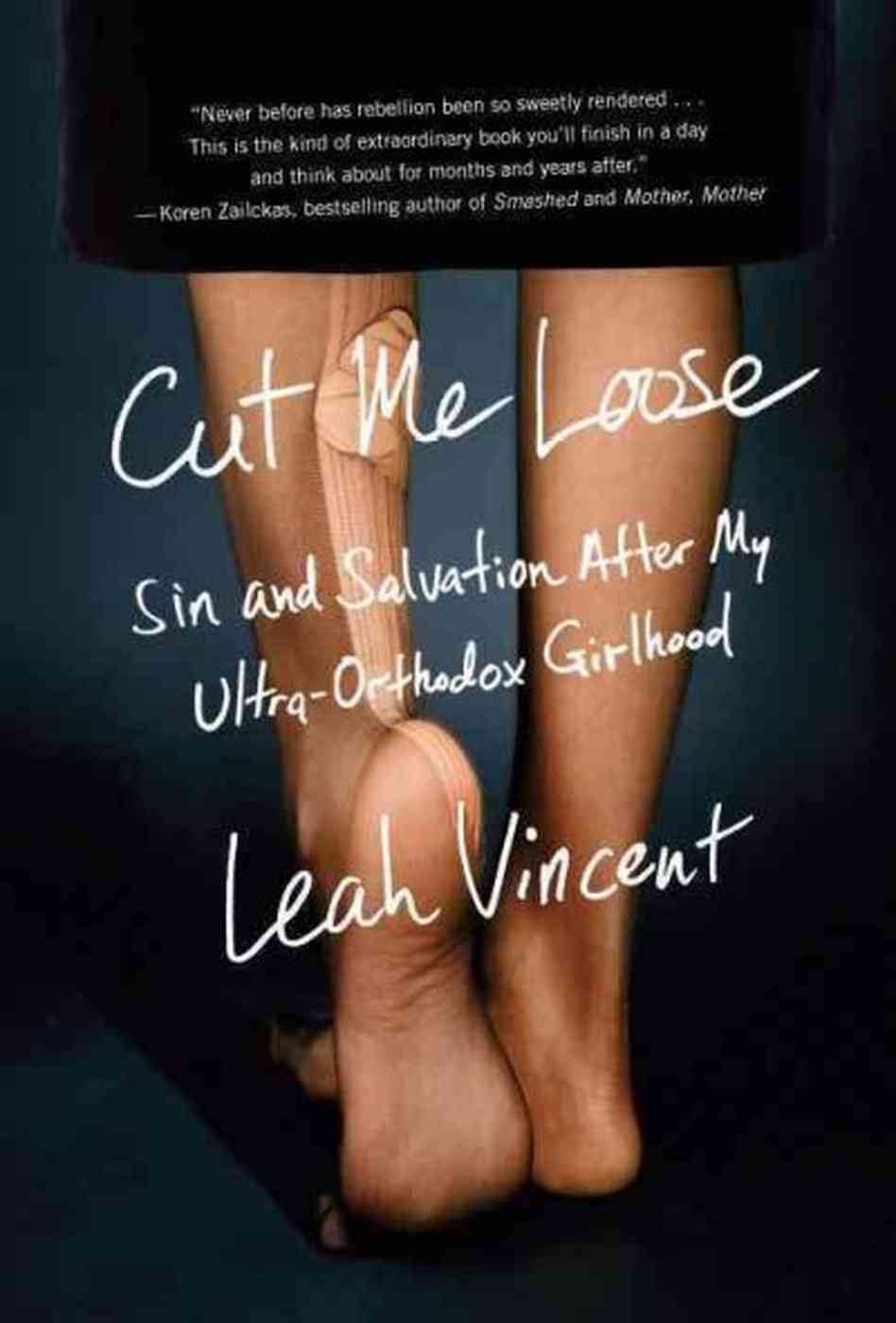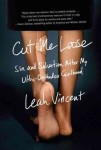
Cut Loose

Leah Vincent, sent away from her Pittsburgh, crowded, ultra-Orthodox family after a tempestuous early adolescence, describes her solo life at age 17 on the margins in New York City—a crucial turning point in her transformative journey from ultra-Orthodox daughter to Harvard-educated author.
There is little room for the single girl in Yeshivish life. For a woman, the rhythm of observance is tied to family. One is either a daughter or a wife. When my sisters had lived in New York, they’d spent Shabbos and holidays with friends from seminary who had family in New York. My sisters were extroverted girls who attracted new relationships like magnets. I had no friends from seminary, and I was not bold enough to make friends with strangers or approach distant cousins and ask if I could join them for a meal.
The worst part of the loneliness was how it compounded my boredom. Television, of course, was forbidden. I did not belong to a shul; as a girl without a husband or father on the other side of the mechitza, I was not expected to attend services. When I got home from work, I ate a slice of pizza or an apple for dinner, said my evening prayers slowly, showered for as long as I could stand, and then lay in bed in my nightgown, baking in the heat, worrying about my future as the moments dragged by.
… What’s next, I wondered. If there is no world of dating and marriage waiting to pull me in, why am I here?
Each day I went through the motions of my job and then counted the long hours of the evening, alone in my apartment. I said the Shema prayer every night before sleep, but heaven seemed unresponsive.
I was always hungry. My minimum-wage check barely covered the rent, the phone bill, and the electric bill. On too many Thursdays I was left with just a slice of bread, a bottle of ketchup, and a few pieces of American cheese. I baked grilled cheese, chewing each piece dozens of times to make it last. I melted cheese and ketchup in a pot on the stove to make a gooey soup, which I choked down. I squeezed the ketchup into circles on my palms and lapped it up. I made a “salad” of bread and cheese and garnished it with ketchup.
In my father’s parables, holy men were always scraping together pennies for weddings or Shabbos food. Poverty and spirituality seemed synonymous. As a child, wearing hand-me-down clothing and living with broken furniture just made me feel proud of our family’s devotion to God.
But there was no spiritual superiority in mixing hand soap and water in an empty shampoo bottle and hoping the resulting mixture would leave my hair shiny and clean. There was no magic in stuffing ribbons of toilet paper into my socks at work to smuggle home. There was no God in the dry taste of stale bread for breakfast, lunch, and then dinner.
After a few weeks, I picked up the phone and called my mother. “It’s Leah.”
“Hello. Hold on—One second, Boorie Tzvi! Everything okay?”
“Yes.” “It’s very hectic now. Okay—” “Mamme,” I cut in before my mother could hang up.
“Things are tough. You know. Even with my job, it’s hard. I don’t always have money for stuff, for food and stuff.” My instinct was to hide the choke in my voice, but I let it go. I wanted my mother to see the evidence, to understand how lost and overwhelmed I was feeling. “Could you help me, maybe?”
“Come on,” my mother said. “Stop being melodramatic, Leah. It’s not like you’re starving. You’re a grown-up now. You have to learn to stand on your own two feet.”
“I know,” I said, wiping my eyes on the back of my hand, ashamed of my outburst. “But it is—it is hard. I’m finding it hard.”
“We’ll see.” My mother sighed. “I just don’t know what happened. It feels like it’s one thing after another with you. You were always such a well-behaved girl. How did you become who you are now? I tell you, sometimes I think you must be possessed by a dybbuk. I don’t know how else to explain who you have turned into.”
A chorus of shouts rose behind her. “I’ve got to go now,” she said. “The children need me.”
A dybbuk? The diagnosis shocked me. Yeshivish Jews were not quick to speak of mystical things, let alone claim possession by a foreign evil spirit. That was the domain of the Hasidim. It was unsettling to hear my mother borrow such a foreign explanation.
If my mother thought I was possessed, then my prayers and stringencies had been for naught. There would be no thrilling conversations about someone’s son or nephew or cousin. There would be no examination of the life of some boy, of the schools and camps he’d attended, friends and neighbors, family, good deeds, personality. A possessed girl. I was marked forever.
A few days later, a twenty-dollar check arrived in the mail. I had hoped for a more robust salvation, but I was grateful for the slice of pizza, jar of peanut butter, bag of apples, bottle of shampoo, and six cans of tuna my mother’s money bought.
Excerpt from Cut Me Loose: Sin and Salvation After My Ultra-Orthodox Girlhood by Leah Vincent. Published by Nan A. Talese/Doubleday Jan 21, 2014. Used with permission.


